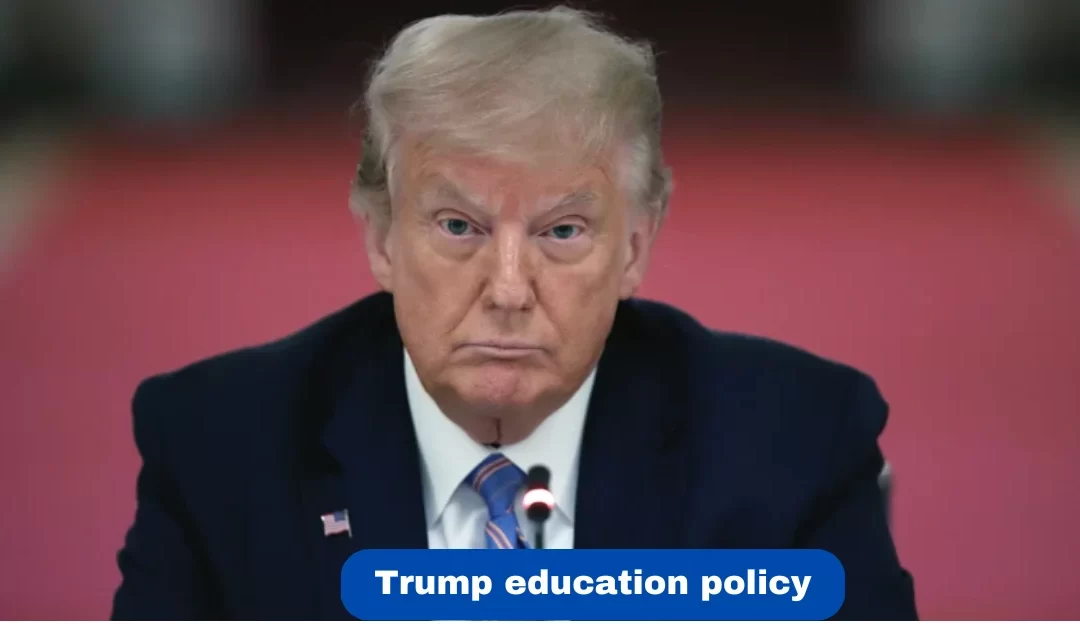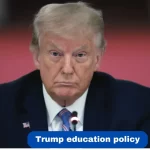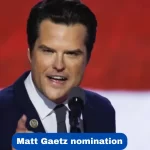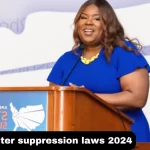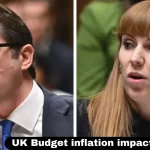For years, the idea of a national school choice program has been a topic of heated debate in the United States. Supporters argue that such a program would give families more control over their children’s education, while critics warn of potential risks to public schools. Under former President Donald Trump, this vision for school choice might finally gain momentum, especially with growing Republican support and a strong advocate for school choice as his pick for education secretary.
Here’s a breakdown of what a national school choice program under Trump could look like and what it means for families across America.
What Is School Choice?
School choice allows families to use public funds to enroll their children in private schools, charter schools, or even homeschool programs. Instead of being tied to a school based on their zip code, parents can choose the educational institution that best fits their child’s needs.
Supporters believe school choice empowers parents and promotes competition among schools, leading to better quality education. Detractors, however, worry it might divert resources from already struggling public schools.
Trump’s Education Secretary and Vision
Trump has nominated Linda McMahon as his education secretary, a strong supporter of school choice. McMahon, a former wrestling executive and leader of the America First Policy Institute, has consistently backed private school vouchers and similar programs.
During Trump’s first term, he showed interest in expanding school choice initiatives, but efforts to create a federal program stalled. With a renewed focus in his second term, and McMahon’s leadership, Trump’s administration might push for:
- Federal Vouchers for Private Schools
Families could use vouchers funded by the federal government to pay for private school tuition or homeschooling expenses. This would mark a significant shift in how education funding is distributed in the U.S. - Support for Charter Schools
Charter schools, which operate independently of traditional public school systems, could see increased funding and support. Trump has long praised charter schools as an essential part of improving education. - Encouraging States to Adopt Similar Programs
While a national program may face legal and logistical challenges, Trump’s administration might incentivize states to create their own school choice initiatives by offering grants or other benefits.
Why Now? The Growing Support for School Choice
The political climate seems more favorable for school choice than ever before. Many Republican lawmakers and conservative think tanks have rallied behind the idea, citing benefits like increased competition and parent empowerment.
Additionally, the COVID-19 pandemic highlighted the need for flexible education options, as many families turned to homeschooling or private schools when public schools closed. This shift has only strengthened the case for school choice among supporters.
Concerns and Criticism
While the push for school choice is gaining traction, it’s not without opposition. Critics argue:
- Public School Funding: Diverting public funds to private schools could harm public schools, especially in low-income areas.
- Accountability: Private schools and homeschool programs may not have to meet the same standards as public schools, raising concerns about quality and oversight.
- Equity Issues: Not all families may benefit equally from school choice programs, particularly those in rural areas with limited private school options.
What It Means for Families
For parents, a national school choice program could open up new opportunities for their children’s education. Families dissatisfied with their local public schools might have the financial means to explore private or alternative education options.
However, it’s important to weigh the potential benefits against the possible impact on the public school system, which serves the majority of students nationwide.
While supporters see it as a chance to revolutionize education and empower parents, critics urge caution, warning of unintended consequences for public schools and educational equity.
As this debate unfolds, one thing is clear: education will remain a top priority and a hotly contested issue in the coming years.

